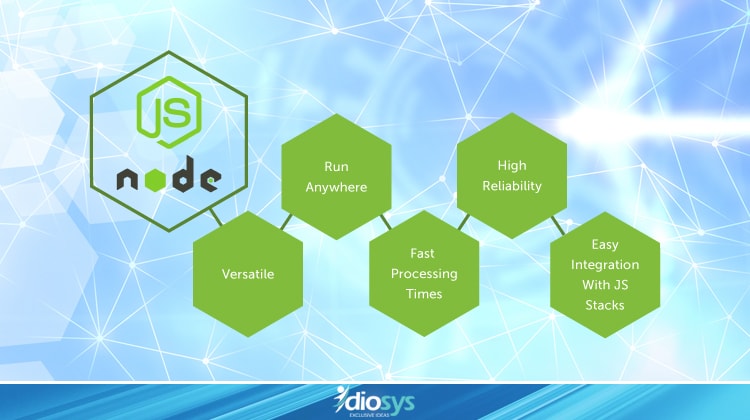
03 Apr, 2018
JavaScript is justly called the most popular programming language several years in software development technology among both start-ups and well-established enterprises. Initially front-end developer loves this platform, but very quickly it has become one of the major tools for back-end and even cross-platform mobile app development.
To develop a faster and highly performance application the selection of the right programming platform should be based on multiple factors including scalability, speed, learning curve, support, community, and some other. By any definition, Node.js is at the top of the list and it is no wonder that most start-ups give a distinct preference for it.
In this article we focus on some basic advantage of Node.Js platform, that may help you to choose better platform for your application development decision.
1. Easy to Scale: The developers have option to scale the Node.js applications in both vertical and horizontal manners. They can scale the application horizontally by adding extra nodes to the existing system. Likewise, they also have option to add more resources to individual nodes while scaling the Node.js application vertically. These options make Node.js more scalable than other JavaScript frameworks available in the market.
2. Single Programming Language: Node.js enables developers to write server-side applications in JavaScript. So, the developers can use the runtime environment to write both front-end and back-end of a web application in JavaScript, without using any server-side programming language. As JavaScript is supported by each web browser and server, it becomes easier for businesses to deploy their web applications more effectively.
3. Highly Extensible: In addition to supporting several commonly used web development tools, Node.js is also highly extensible. Its open source nature further makes it easier for programmers to customize and extend Node.js according to their specific needs. Also, they can use JSON to facilitate data exchange between the web server and the client. Despite being lightweight, Node.js comes with built-in APIs for developing HTTP, TCP, DNS and similar servers.
4. Supports Caching: The open source runtime environment further supports caching of individual modules. Each time a module is requested for the first time, it is cached in application memory. Hence, the application can load the cached modules quickly without requiring the module code to be re-executed. The caching feature enables the application to load web pages and respond to user requests more quickly.
5. Improved Performance: Node.js executed JavaScript code through Google's V8 JavaScript engine. The engine compiled the code written in JavaScript into machine code directly. So the code is executed in a faster and more efficient way. Also, the runtime environment increases the code execution speed significantly by supporting non-blocking I/O operations.
6. Real-Time Application Development: Node.js is used widely by JavaScript developers for building real-time and multi-user applications like games and chats. The runtime environment manages many concurrent connections efficiently. Similarly, it takes care of multi-user requirements through event loop.
Keeping in mind such benefits of this platform, we say that If your business needs some real time features then you choose or you can take a expert consultation.
YOU MAY ALSO READ :
THE ADVANTAGES OF CHOOSING YII FRAMEWORK
WHY SHOULD YOU CHOOSE ANGULARJS FOR YOUR NEXT PROJECT?
BOOTSTRAP FRAMEWORK- THE TRENDIEST FRONT-END DESIGN FRAMEWORKS?

